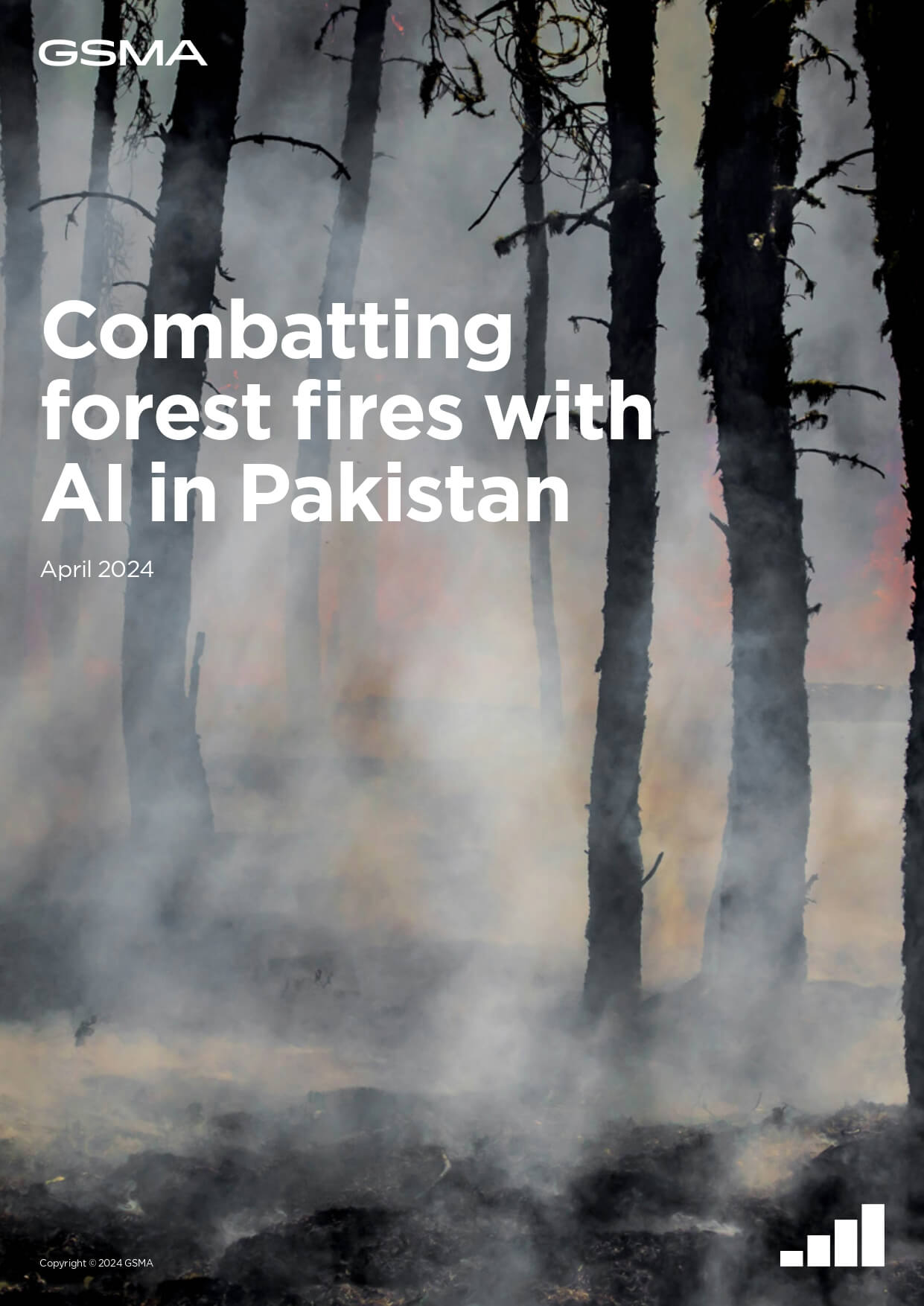Climate change directly affects the frequency and severity of natural disasters such as floods, earthquakes and wildfires. Rising global temperatures are creating hotter, drier conditions, leading to increased forest fires that devastate both wildlife and human settlements. The most vulnerable populations are bearing the brunt of the damage.
While the use of AI in mitigating natural disasters is still in its early stages, it is rapidly expanding and bolstering existing disaster risk management systems. However, the effectiveness of AI in predicting, detecting and responding to natural disasters relies on several factors, including data availability, institutional capacity, stakeholder co-ordination, sustainable financing and community involvement.
Pakistan, with its high temperatures and arid terrain is particularly prone to natural hazards such as floods, earthquakes and forest fires. Despite contributing less than 1% to global greenhouse gas emissions, the country ranked 8th in the Global Climate Risk Index in 2021 and faces significant impacts from climate change.
How can the nation integrate AI into their forest fire management systems to improve disaster risk reduction efforts? Our newly published report, “Combatting Forest Fires with AI in Pakistan,” explores strategies for leveraging AI in the country’s forest fire management system to mitigate risks and enhance resilience.


